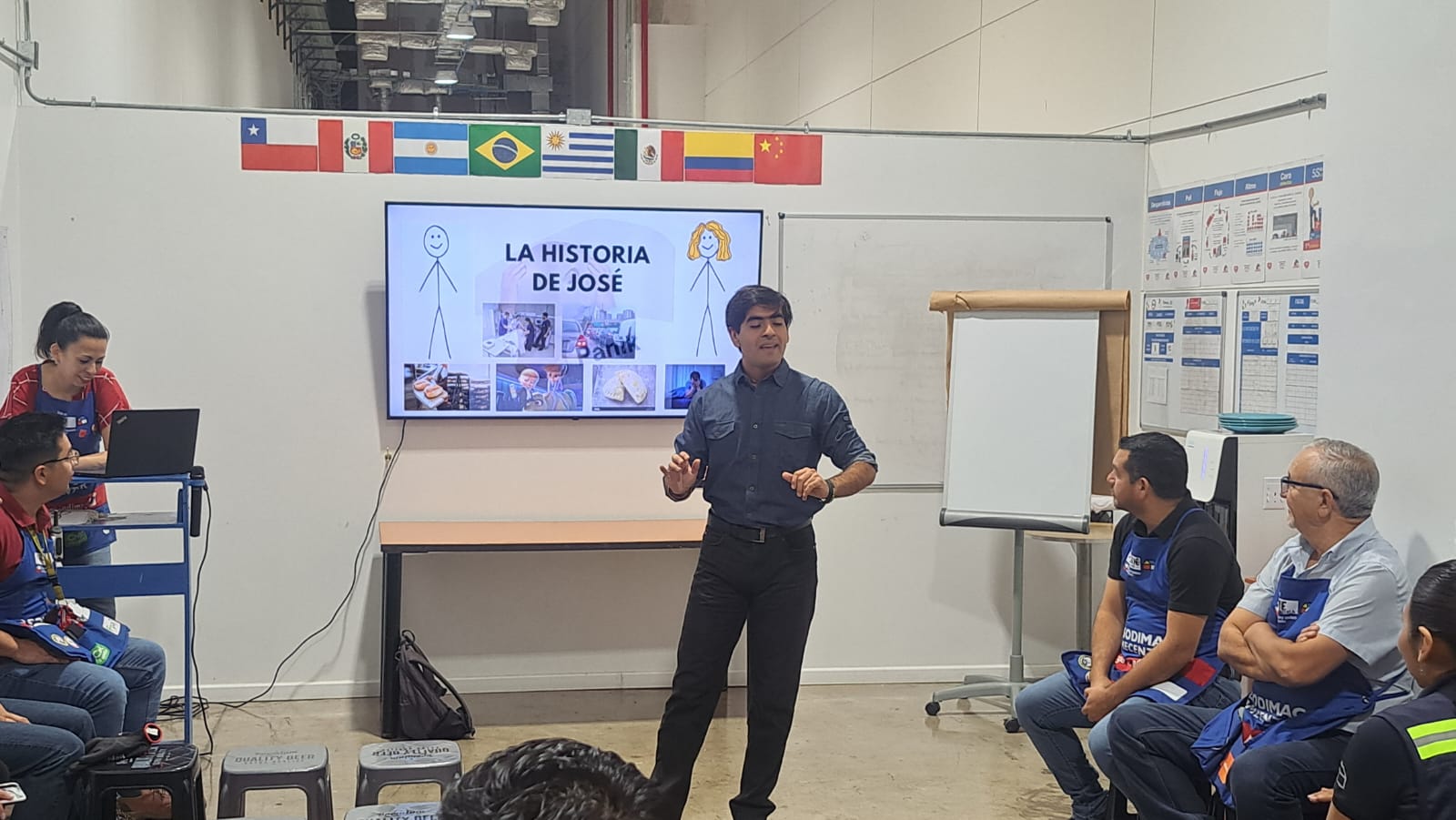Leadership: A Mindful Perspective
Year 1 | Issue 2 | September 2025 | Anglo-Saxon®
By Juan Pablo Lagos Lazcano – Chile
Leadership: A Mindful Perspective
Leadership—one of my favorite topics! Many courses focus on improving leadership without first clarifying what leadership truly is. In reality, leadership requires expertise in both soft and technical skills, combined with persuasion and influence. Yet, sometimes these definitions feel vague. So, the question arises: Is there any activity I can practice to improve my leadership abilities? The answer may sound overused, but it is worth repeating: mindfulness.
Why mindfulness?
In 2024, Borge and Miller reviewed qualities derived from mindfulness meditation that are highly relevant to leadership. They highlight three key aspects: attention, awareness, and authenticity.
1. Attention
Attention refers to the ability to notice and respond to different triggers in one’s environment—sometimes deliberately, sometimes instinctively. A good leader must be aware of their surroundings and of what is happening in the moment. Mindfulness meditation trains this ability by cultivating awareness of bodily sensations, thoughts, and feelings. Research shows it activates the brain’s executive control network, which in practice helps leaders become more attentive to context and more responsive to their coworkers.
2. Awareness
Awareness involves deeper insight and clarity, enabling us to understand emotions and adopt a reflective perspective on problems and experiences. Mindfulness develops this quality by strengthening our consciousness. For leaders, this often results in a slower, more thoughtful approach to problem-solving. While modern life tends to demand quick solutions, the ability to analyze information with depth can be far more valuable than relying on automatic, surface-level responses.
3. Authenticity
Authenticity is the capacity to act in alignment with one’s values and beliefs. Through mindfulness, practitioners connect more deeply with their core values and personal convictions. For leaders, authenticity is essential: it reflects integrity, clarity of purpose, and the ability to inspire others. A leader grounded in authenticity is someone people genuinely want to follow.
Together, these three aspects—attention, awareness, and authenticity—form the foundation of what Borge and Miller call the mindful leader.
So, the next time someone suggests practicing mindfulness and you happen to be in a leadership role, consider giving it a try. Your colleagues, your team, and even your own body will thank you.
Reference
Borge, J., & Miller, H. (2024). The mindful leader: A review of leadership qualities derived from mindfulness meditation. Frontiers in Psychology, 15.
– English Magazine
Juan Pablo Lagos Lazcano is a psychologist with a Bachelor’s degree in Psychology and a Master’s in Neuropsychology. He is currently a candidate for a Master’s in Clinical Psychology and holds a Diploma in Higher Education.
Linkedin: https://www.linkedin.com/in/juan-pablo-lagos-lazcano-b9009617a/
Website: https://www.englishteachers.cl/capacitaci%C3%B3n-laboral-y-desarrollo-personal-anglo-saxon
English Teachers Online Academy by Anglo-Saxon | Telephone# (56)(58)2431617 | Whatsapp +56962179467 | www.englishteachers.cl | E-mail: customers.anglosaxon@gmail.com | Arica – Chile.

